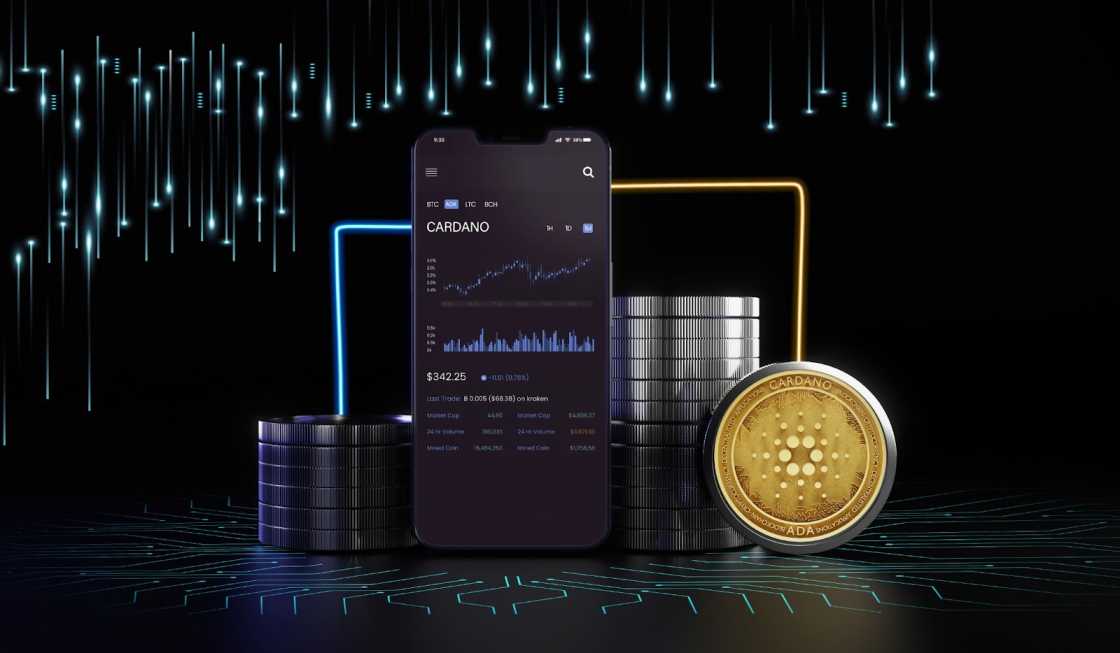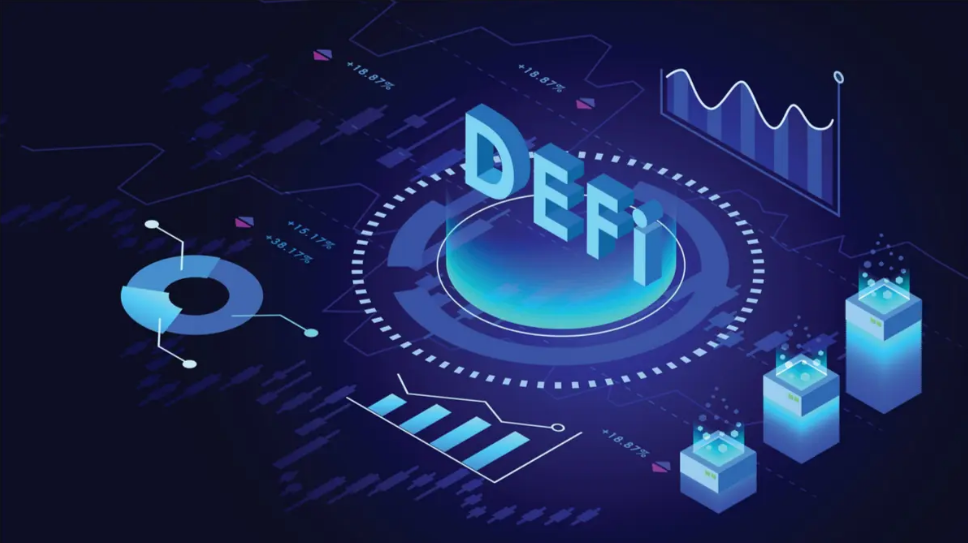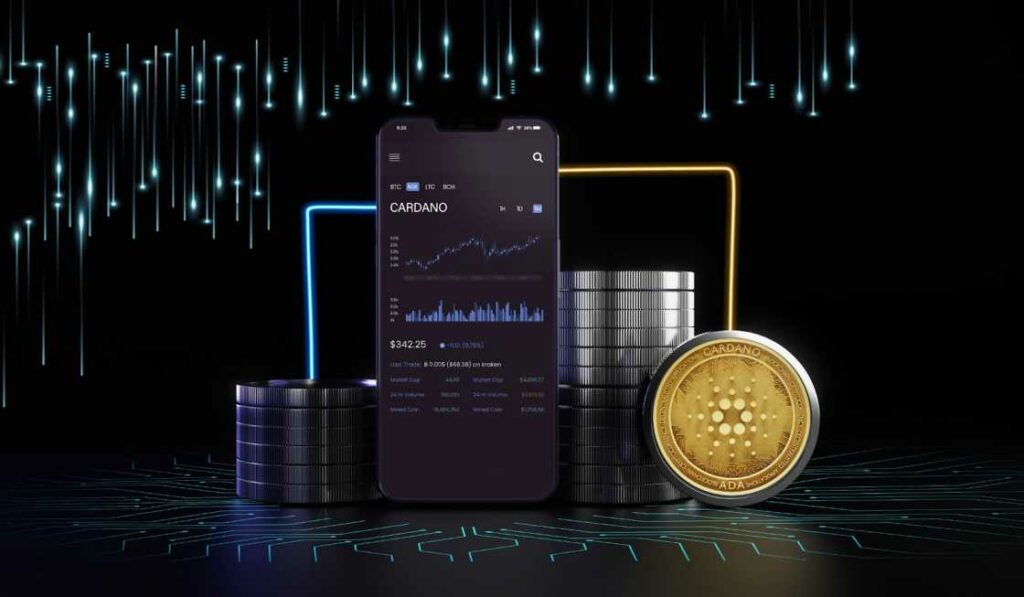Welcome to our comprehensive guide on decentralized finance (DeFi), a revolutionary concept reshaping the traditional financial landscape. In this guide, we will dive deep into the fundamentals of DeFi, explore the various alternative investment opportunities it offers for effective money management, and shed light on Gibraltar’s role as a trusted financial hub. Moreover, we will emphasize the significance of fund administration for private equity within the realm of DeFi.
What is Decentralized Finance (DeFi)?
Decentralized Finance, often referred to as DeFi, is a blockchain-based financial ecosystem that eliminates intermediaries such as banks, brokers, or other third parties. It leverages smart contracts to create decentralized applications (DApps) that facilitate peer-to-peer transactions and provide various financial services. DeFi offers users greater control, transparency, and accessibility to financial instruments, making it an attractive alternative to traditional financial systems.
The Advantages Of DeFi
1. Financial Inclusion And Accessibility
DeFi opens up financial services to the unbanked and underbanked populations worldwide. With just an internet connection and a smartphone, anyone can access DeFi protocols, create a wallet, and start transacting. This inclusivity empowers individuals who have been excluded from traditional financial systems, enabling them to participate in global financial activities.
2. Security And Transparency
By operating on public blockchains, DeFi platforms ensure transparency and immutability of transactions. Smart contracts, the building blocks of DeFi, are self-executing and tamper-proof, providing security and eliminating the need for trust in intermediaries. Users have full visibility into the transactions and the underlying code, reducing the risk of fraud or manipulation.
3. Programmability And Automation
DeFi protocols are programmable, allowing developers to build complex financial applications with customizable rules and conditions. Automated processes, such as lending, borrowing, or yield farming, can be executed without human intervention, enhancing efficiency and eliminating human error.
Also Read: Smart Moves in Golf Cart Financing – A Guide to Savvy Purchasing
The Challenges Of DeFi
1. Volatility And Market Risks
DeFi operates in a highly volatile and speculative market. Prices of cryptocurrencies and DeFi tokens can experience significant fluctuations, leading to potential losses for investors. It is crucial to understand the risks involved and conduct thorough research before engaging in DeFi investments.
2. Smart Contract Vulnerabilities
While smart contracts provide security, they are not immune to vulnerabilities. Programming errors or vulnerabilities in the code can be exploited, leading to financial losses or hacks. It is essential to carefully review the smart contracts and rely on reputable auditors and security experts to mitigate these risks.
Exploring Alternative Investment Opportunities
Yield Farming and Liquidity Mining
Yield farming involves providing liquidity to DeFi protocols in exchange for rewards, typically in the form of additional tokens. Liquidity mining is a similar concept where users contribute liquidity to a platform and earn rewards. These practices enable individuals to earn passive income by utilizing their cryptocurrency holdings.
Staking and Proof-of-Stake (PoS)
Staking involves holding and locking cryptocurrencies in a wallet to support the network’s operations. In return, users earn staking rewards. Proof-of-Stake (PoS) is a consensus mechanism where validators are chosen based on the number of coins they hold and “stake.” Staking and PoS provide an alternative way to earn income and participate in network governance.
Decentralized Exchanges (DEXs)
Decentralized exchanges allow users to trade cryptocurrencies directly from their wallets without the need for intermediaries. DEXs provide increased privacy, control over funds, and reduce the risk of hacks or theft associated with centralized exchanges. They contribute to the overall liquidity and efficiency of the DeFi ecosystem.
Fund Administration For Private Equity in DeFi
The decentralized nature of DeFi introduces new possibilities for fund administration in the private equity sector. Smart contracts can automate tasks such as investor onboarding, fund management, and distribution of returns. By leveraging DeFi protocols, private equity funds can enhance transparency, streamline processes, and reduce administrative costs.
Frequently Asked Questions
What is Decentralized Finance (DeFi)?
DeFi refers to a financial ecosystem built on blockchain technology that aims to provide open, transparent, and accessible financial services without relying on traditional intermediaries.
How Does DeFi Differ From Traditional Finance?
DeFi eliminates the need for intermediaries, allowing individuals to directly interact with financial applications and have complete control over their funds.
Why is Gibraltar Considered A Trusted Financial Hub?
Gibraltar’s robust regulatory framework, including the GFSC, ensures compliance, investor protection, and fosters innovation in the financial services sector.
What Are The Benefits Of Alternative Investment Opportunities In Defi?
DeFi offers individuals the opportunity to diversify their investments, earn attractive yields, and participate in cutting-edge financial technologies.
How Does Fund Administration Work In Private Equity?
Fund administration in private equity involves managing investor subscriptions, financial reporting, compliance, and regulatory requirements.
How Does Blockchain Technology Enhance Fund Administration In Defi?
Blockchain technology provides increased transparency, immutability of records, and automation through smart contracts, streamlining fund administration processes and enhancing efficiency.
Conclusion
Decentralized finance (DeFi) represents a paradigm shift in the traditional financial landscape, offering individuals alternative investment opportunities and greater control over their finances. Gibraltar’s role as a trusted financial hub and the integration of fund administration within the DeFi ecosystem further enhance its appeal. As DeFi continues to evolve and mature, staying informed about the latest developments and embracing its transformative potential can pave the way for more effective money management.
Recommended Reading: Emerging Trends in IoT for Fintech Engineers



2 thoughts on “A Comprehensive Guide to Decentralized Finance (DeFi)”